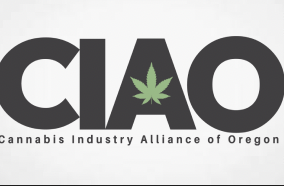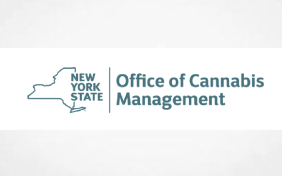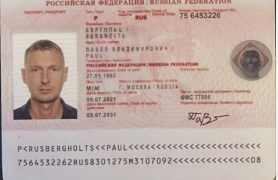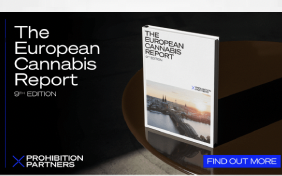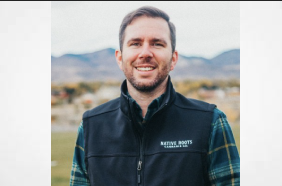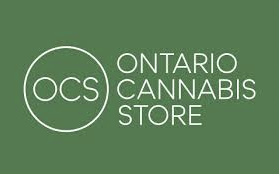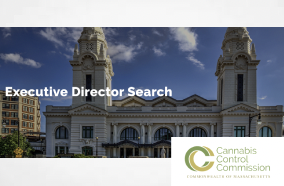Cannabidiol (CBD) products derived from industrial hemp exist in a unique market here in the U.S. Thanks to the passage of the 2018 Farm Bill, CBD products that meet certain federal criteria are no longer part of the U.S. Drug Enforcement Agency (DEA)’s narcotic drug schedule as defined by the Controlled Substances Act (CSA). While these products are no longer illegal (notably a different definition than “legal”), most banks have been hesitant to jump in, citing the lack of framework from the compound’s new agencies of oversight: the USDA and the FDA.
Those banks that do agree to work with hemp-based CBD products have set up best practices and guidelines that all relevant operations need to follow. This includes how the product is sold directly to consumers online. As a result, banks often require a website that sells CBD to meet several criteria to satisfy their guidelines. By understanding some of the more commonplace requirements, your online CBD business can more easily comply with a bank willing to partner with you.
What do banks typically require of a CBD business and its website?
Banks are naturally risk-averse institutions, so their guidelines are set in a way that can potentially avoid negative outcomes for themselves and their accounts. The need to cover their bases only increases when dealing with any company involved with hemp or cannabis.
Though there’s some fear that the ramifications for failing to follow FDA guidelines can be especially punitive, the truth of the matter is that online CBD retailers aren’t obliged to do anything. Banks — and the banking industry as a whole — are simply trying to establish a set of best practices that will hopefully keep them out of the federal government’s regulatory crosshairs. The following are some key things that banks pay close attention to when considering an online CBD retailer.
#1: Crops must remain compliant with THC guidelines
Perhaps the most important requirement that banks have for CBD businesses in general is that the final products they sell remain under the 0.3% THC limit set for industrial hemp under the Farm Bill.
This limitation was created to ensure that any hemp-based products could not be used for the intoxicating properties found in these plants, regardless of whether that crop will be used for phytocannabinoid extraction, industrial materials, food like oil or seeds, or any other use. And while the 0.3% limitation is a federal standard, it’s important to note that some states may have a lower permissible amount between 0.2% and 0%. In those cases, it’s imperative to banks that any CBD business meet local guidelines if they want to establish a professional relationship.
In recent months there has been a push to increase the FDA’s THC restriction to 1%. According to federal guidelines, any crop found to have more than the allowable percentage of THC is a “hot crop” and must be destroyed, wasting a considerable amount of the farmer’s time and resources. Lobbyists associated with the Vote Hemp movement stated in a petition to Congress that the increase would help farmers since the 0.3% threshold is difficult to maintain.
#2: Payment processing may require additional oversight
One of the biggest hurdles for cannabis and hemp companies to overcome is the need to obtain a proper merchant processing system for processing both online and in-person retail sales. If an online CBD company needs assistance with payment processing, some banks may require that they sign a compliance agreement. This document would cover any necessary rules and regulations that the bank expects the CBD website to comply with.
Other banks may also require that they must monitor the company’s payment processor. Such a request would allow the bank to ensure that any hemp-based CBD products would be sold solely in legal markets, as some locations do not allow the sale of hemp-derived CBD. How proactive the bank would be in this scenario depends largely on how carefully they want to limit risk and how familiar they are with the CBD, hemp, or cannabis industry.
Main considerations for CBD websites
When constructing a CBD website, there are some things to keep in mind if you intend to work with a bank in the future. As mentioned before, banks want to avoid risk as much as possible, so ensuring that your site is designed with accuracy and proper access in mind could help assuage concerns.
- Age gateway: Though predominantly found on less wholesome corners of the internet, these gateways afford you and the bank some plausible deniability if someone accesses the site that shouldn’t be there. While the FDA doesn’t have age restrictions in place for uses of CBD like topicals and oils, it does suggest that that any smokable flower or vaping oils be sold only to individuals aged 18 and older. Therefore, you may want to consider implementing an age gateway for individuals aged 21 and up.
- Claims: Do not make false claims about your products. You do not want your business to look like it’s selling snake oil, and banks don’t want to associate themselves with such businesses anyway. When describing your CBD products, make sure to note that they are derived from industrial hemp and not from high-THC cannabis.
- Comply with FDA guidelines: While you can say general things about your products impact on a person’s health and wellness, you cannot say that it “cures cancer” or “reduces inflammation.” These are called structure/function claims. This is something that most banks and payment processors require of their customers, so your online CBD business will be no different. Notably, this requirement is a bit complicated, as CBD companies are still anxiously awaiting for the FDA to release its guidelines for marketing these products. In the meantime, though, CBD businesses err on the side of caution.
What can change CBD banking?
The Farm Bill was considered a major sea change for hemp and hemp related products when it was signed into law in 2018, but another tectonic shift could be on its way—full legalization at the federal level. With more than a dozen states having legalized cannabis for adult use, the discussion around cannabis and THC, as well as hemp, THC, and CBD, could dramatically change overnight. How those changes take form depends on how Congress navigates the issue.
If federal legalization comes in the form of simply descheduling cannabis from the DEA’s list of dangerous substances, things could get hectic for a bit. While we’ll know hemp and CBD will be completely legal, and such a move would be a huge boon to the industry as a whole, it would result in a regulatory mess as legislators figure out what such a move even means, for banking and beyond.
One step federal legislators could take is using one of the state-enabling bills, such as the ones passed in New York and New Jersey, as a guideline for federal action. These bills are touted by proponents as a great way to establish legal frameworks, levy revenue taxes, and ensuring that there’s some social equity baked into the new industry’s creation. These changes would automatically sync up to the CBD side of the industry.
Naturally, all these changes would require both parties in Congress to agree on a plan and execute it. Given how closely contested the Senate is, it would be a hotly debated topic that would see both sides likely unwilling to budge from their stances. If it isn’t done before the 2022 election, Republicans could get more seats in both houses, potentially stymieing any progress. That being said, those same Republicans could ultimately warm up to the industry, especially seeing how much tax revenue states get through their cannabis programs.
Fincann offers free guidance for CBD businesses that need banking solutions
Why go through the hassle and run the risk of making costly mistakes when we can build you a solution? We at Fincann have helped many CBD e-commerce sites get up and running with proper banking solutions, including bank accounts and merchant processing. Thanks to our Cannabis Banking Financial Network, our clients can enter into a banking relationship in a stable, compliant, and transparent manner, side-stepping the painful waiting period they may with an outside financial institution, just to be told “no.” Through Fincann, you can get introduced to and onboarded with a banking partner at no cost to you. Start this process today by contacting Fincann or starting your application.
Read more at. https://fincann.com/blog/bank-requirements-cbd-websites/
